- Joined
- Jan 22, 2012
- Messages
- 5,078
- Reaction score
- 1,661
Nubia has its own problems with the history of slavery... is this really as superficial as "let's just name it something African sounding"?
 2451 Washington by Bos Beeline, on Flickr
2451 Washington by Bos Beeline, on Flickr IMG_4209 by Bos Beeline, on Flickr
IMG_4209 by Bos Beeline, on Flickr IMG_4210 by Bos Beeline, on Flickr
IMG_4210 by Bos Beeline, on Flickr IMG_4213 by Bos Beeline, on Flickr
IMG_4213 by Bos Beeline, on Flickr IMG_4217 by Bos Beeline, on Flickr
IMG_4217 by Bos Beeline, on Flickr 3012 Washington by Bos Beeline, on Flickr
3012 Washington by Bos Beeline, on Flickr IMG_3828 by Bos Beeline, on Flickr
IMG_3828 by Bos Beeline, on Flickr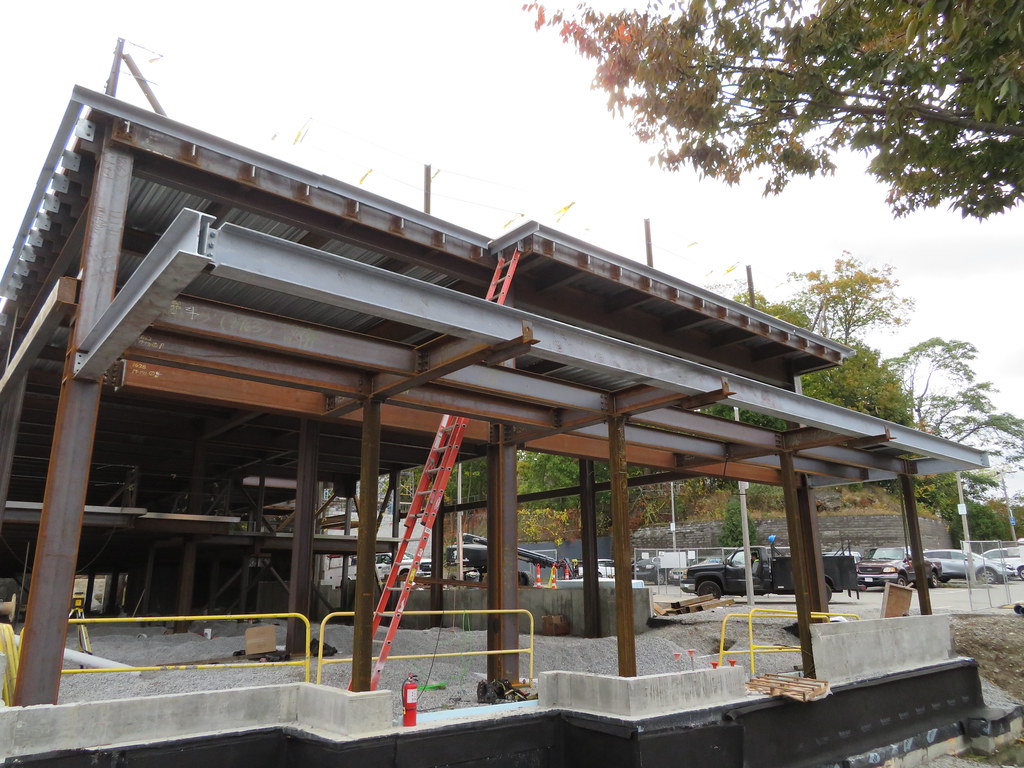 IMG_3829 by Bos Beeline, on Flickr
IMG_3829 by Bos Beeline, on Flickr IMG_3832 by Bos Beeline, on Flickr
IMG_3832 by Bos Beeline, on Flickr One Newcomb Place by Bos Beeline, on Flickr
One Newcomb Place by Bos Beeline, on Flickr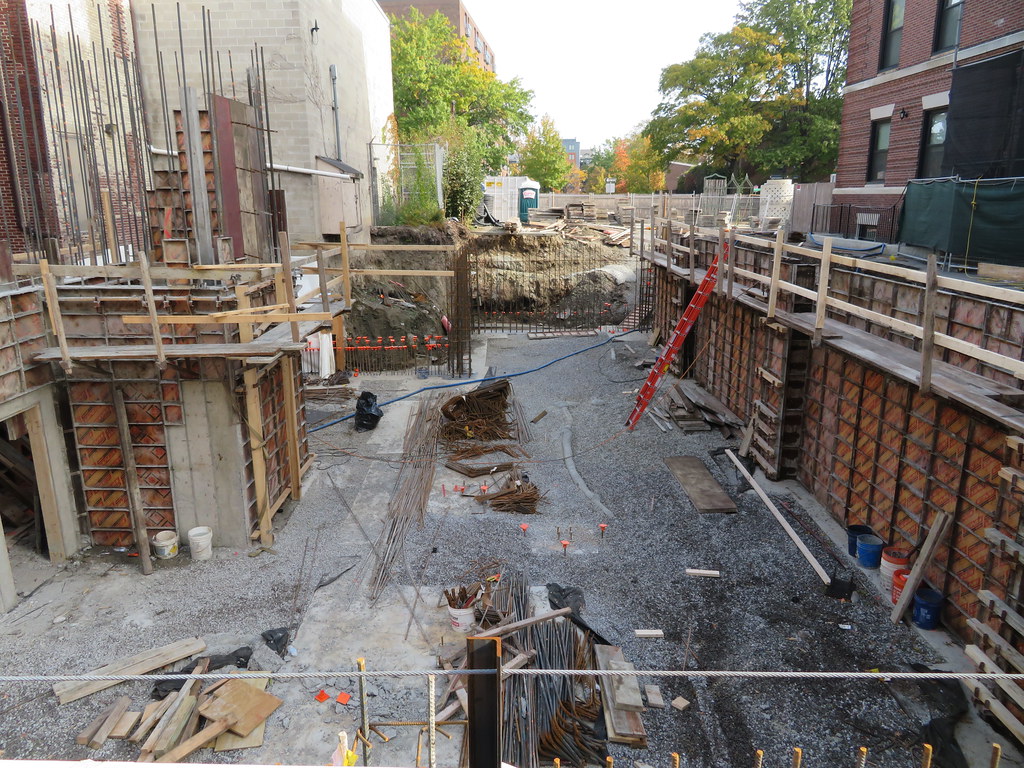 IMG_4242 by Bos Beeline, on Flickr
IMG_4242 by Bos Beeline, on Flickr IMG_4244 by Bos Beeline, on Flickr
IMG_4244 by Bos Beeline, on FlickrDon't want to start a derailment, but were all these people racist???“Dudley Square or Nubian Square? The question moves to the voters”
“Residents will be able to vote on whether Dudley Square should become Nubian Square in the latest move to change a Boston landmark’s name because of its racial history.”
“The city council unanimously OK’d the petition for a ballot question, which is backed by Mayor Martin Walsh.”
-Boston Herald
Link
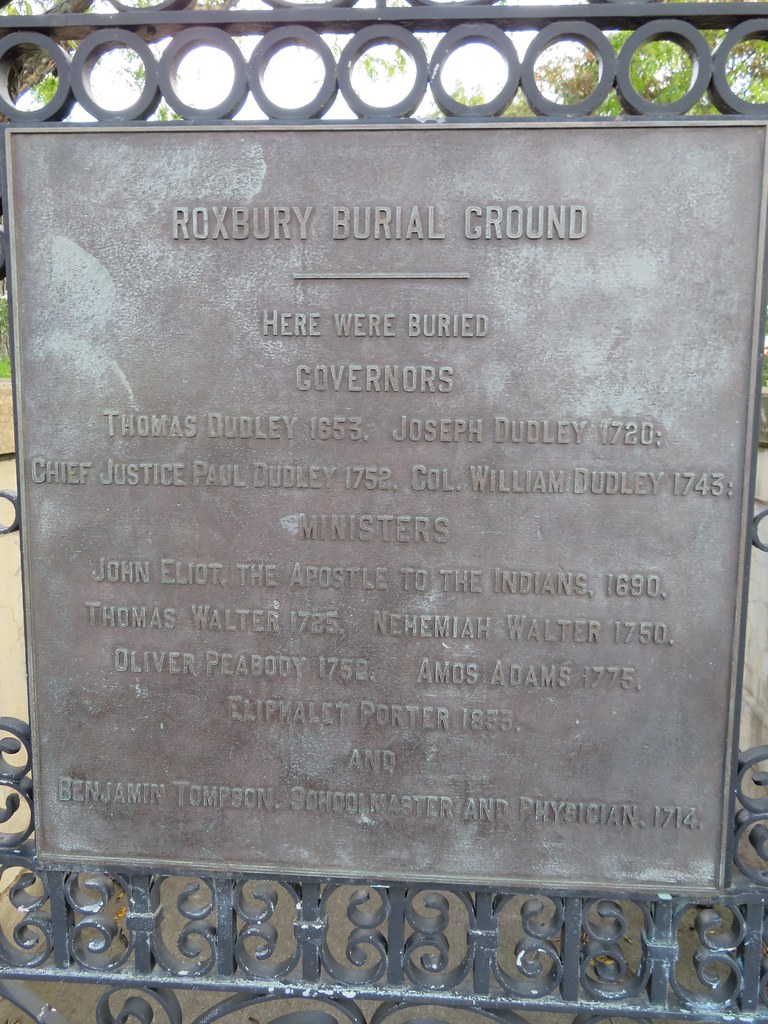 IMG_4230 by Bos Beeline, on Flickr
IMG_4230 by Bos Beeline, on Flickr 1950 Washington by Bos Beeline, on Flickr
1950 Washington by Bos Beeline, on Flickr IMG_4235 by Bos Beeline, on Flickr
IMG_4235 by Bos Beeline, on Flickr IMG_4237 by Bos Beeline, on Flickr
IMG_4237 by Bos Beeline, on Flickr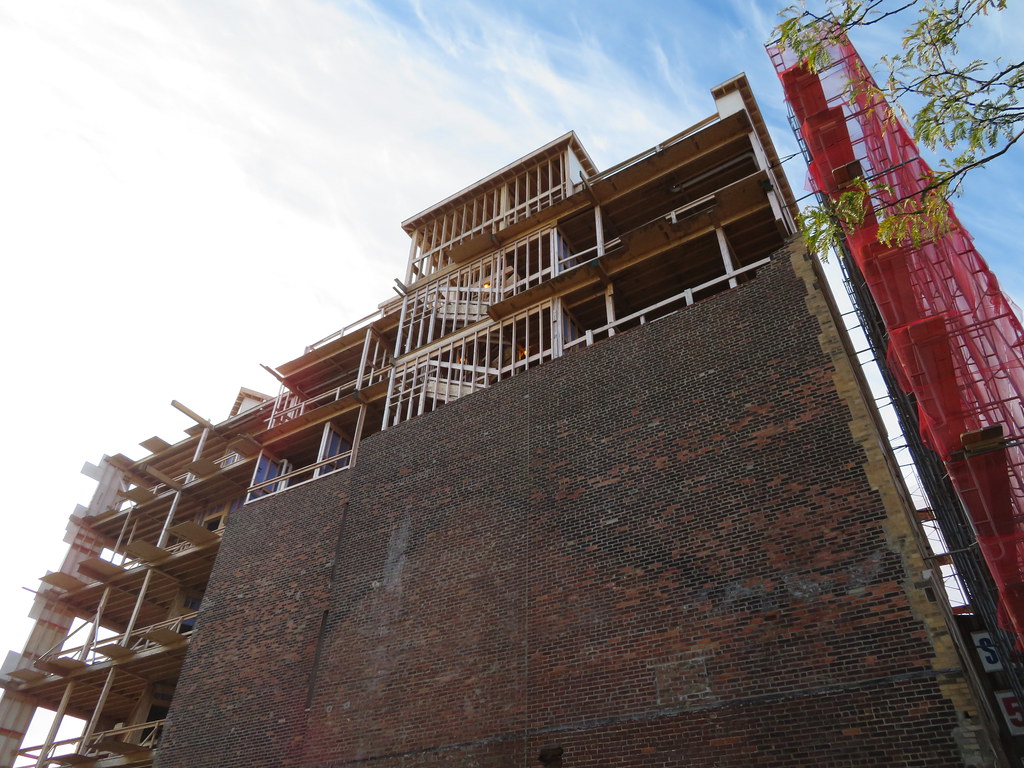 IMG_4239 by Bos Beeline, on Flickr
IMG_4239 by Bos Beeline, on Flickr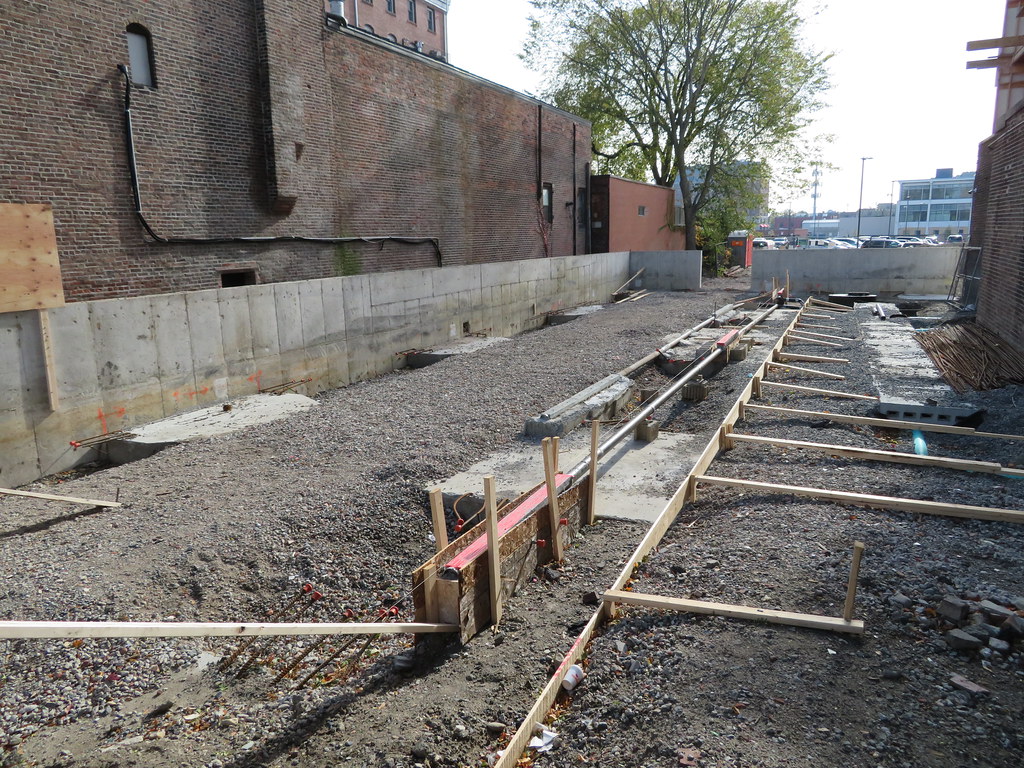 IMG_4240 by Bos Beeline, on Flickr
IMG_4240 by Bos Beeline, on Flickr IMG_4249 by Bos Beeline, on Flickr
IMG_4249 by Bos Beeline, on FlickrI think I heard something about them being slave owners. I get to vote on this and honestly I'm going to just stay out of it. I feel like it's whoever's neighborhood that is to decide that fate, not quite sure why the whole city is deciding.Don't want to start a derailment, but were all these people racist???
IMG_4230 by Bos Beeline, on Flickr
Suffolk -- 1st I seriously doubt that any present or former residents have had or have any connection to NubiaI think I heard something about them being slave owners. I get to vote on this and honestly I'm going to just stay out of it. I feel like it's whoever's neighborhood that is to decide that fate, not quite sure why the whole city is deciding.
Guide to the Records of the Jewish Memorial Hospital and Rehabilitation Center (Roxbury, Mass.), undated, 1915-1999, with gaps
Historical Note

Jewish Memorial Hospital and Rehabilitation Center on the corner of Townsend Street and Washington Street in Roxbury.
In 1913, the Roxbury Ladies' Bikur Cholim Association began collecting donations to provide a haven for the chronically ill. These charitable ladies recognized that the new Jewish immigrants, crowded into Boston's West End and North End neighborhoods, lacked basic medical care. Many of these Jewish newcomers found upon their arrival that few Jewish doctors practiced in the Boston area. Furthermore, communication between doctor and patient was difficult since many Jews spoke no English, and very few doctors spoke Yiddish. Moreover, many local doctors did not understand the particular social problems, religious traditions, and behavior patterns of the new immigrants. Finally, many Orthodox Jews refused to stay in hospitals where they could not eat kosher food and observe the Sabbath. Hence, the ladies of the Bikur Cholim, many of them immigrants, began a grassroots movement to build a medical institution for Jews who were suffering from illness and disease and who had no place to go.
Charted as an official organization in 1915, the Roxbury Ladies' Bikur Cholim Association carried on the Jewish tradition of benevolence by visiting the sick, poor, and elderly. They provided medicine, money, prayer, and support to those who lacked medical care. The ladies met regularly at the YMCA on the corner of Seaver Street and Humboldt Avenue, across from Franklin Park. Here they developed their plans for a medical institution to serve the needs of the Jewish community. On April 16, 1928, the Association voted to establish and maintain a home for incurables. Later that same year, in October, the Association realized its goal of a Jewish hospital by purchasing the former Beth Israel Hospital at 59 Townsend Street for $25,000, with a $10,000 down payment and a $15,000 mortgage. Payments were to be $900 per year at a 6% interest rate. Also in 1928, the Association joined the Federated Jewish Charities.
In 1929 the Greater Boston Bikur Cholim Hospital, with 42 beds, was officially dedicated. A medical staff consisting of volunteer physicians was organized, and a hospital-based auxiliary was formed to supply linens. At this time, the hospital was primarily a custodial institution, accepting patients other hospitals were no longer able to keep. In the early 1930s, the physiotherapy, radiology, and laboratory departments were opened. It should be noted that during the 1930s, eighty-five percent of the patients admitted received free care, and a majority of the financial support for the new hospital came from the Jewish community. A new three-story wing was dedicated in 1936, doubling the size of the hospital to 87 beds. This new wing included a complete operating room, dental department, and a kosher kitchen to ensure strict adherence to Jewish dietary laws. Finally, to reflect the changing focus of the institution the name of the hospital was changed to the Jewish Memorial Hospital in 1937.

 1950 Washington rear by Bos Beeline, on Flickr
1950 Washington rear by Bos Beeline, on Flickr IMG_8038 by Bos Beeline, on Flickr
IMG_8038 by Bos Beeline, on Flickr One Newcomb by Bos Beeline, on Flickr
One Newcomb by Bos Beeline, on Flickr IMG_8027 by Bos Beeline, on Flickr
IMG_8027 by Bos Beeline, on Flickr IMG_8029 by Bos Beeline, on Flickr
IMG_8029 by Bos Beeline, on Flickr 2451 Washington by Bos Beeline, on Flickr
2451 Washington by Bos Beeline, on Flickr IMG_8043 by Bos Beeline, on Flickr
IMG_8043 by Bos Beeline, on Flickr IMG_8044 by Bos Beeline, on Flickr
IMG_8044 by Bos Beeline, on FlickrAnyone know how many units (about) were added in Roxbury since the Great Recession?
Can prob get an estimate by next thursday! currently working on something related actually.Anyone know how many units (about) were added in Roxbury since the Great Recession?
Anyone know how many units (about) were added in Roxbury since the Great Recession?
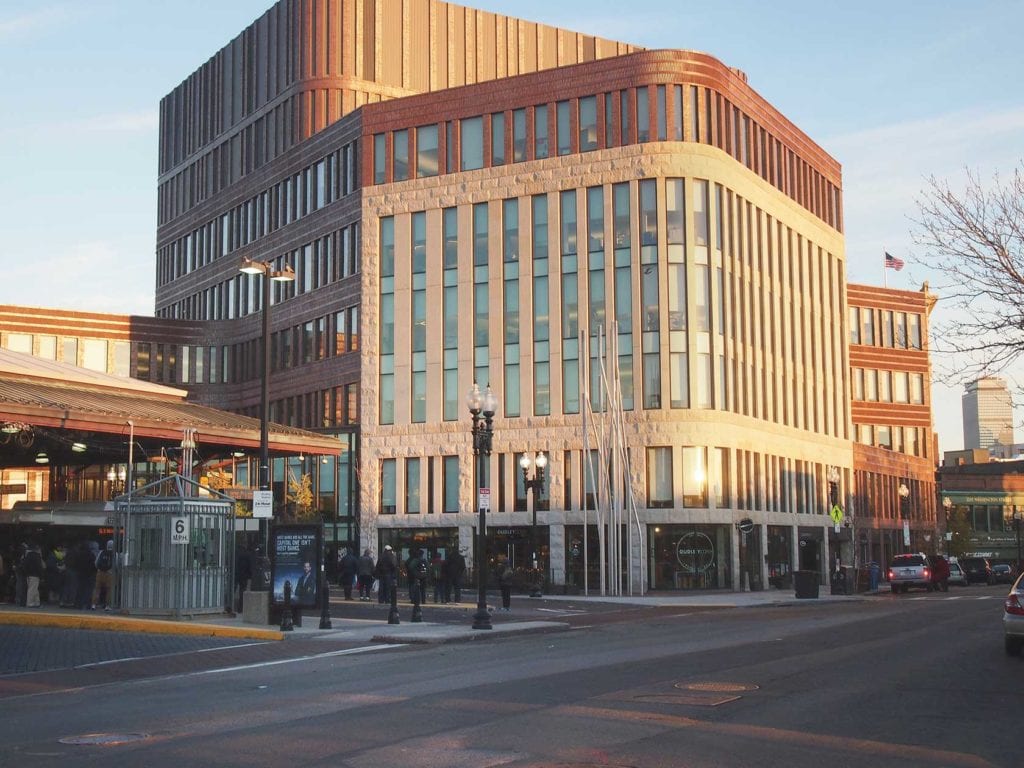
Great to see the developer anticipating the eventual addition of floors to 1 Warren. Frankly it amazes me how many times this is screwed up. Both ways, too; examples abound where the placement of windows had slowed the development of neighboring addresses.10 taber:
View attachment 4137
